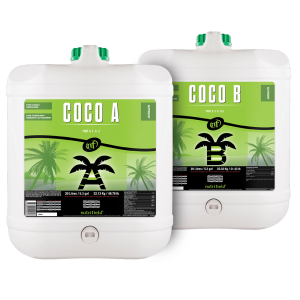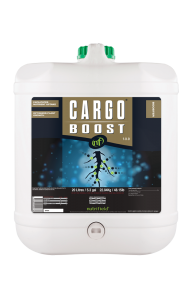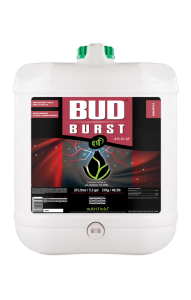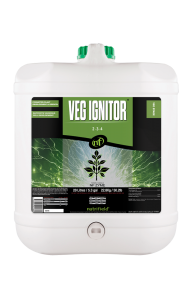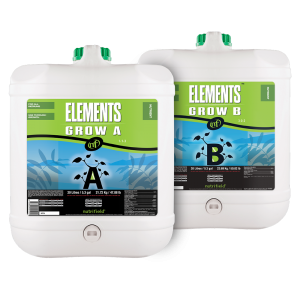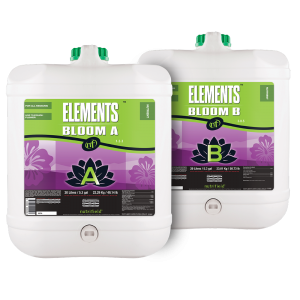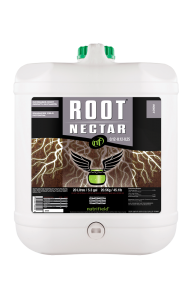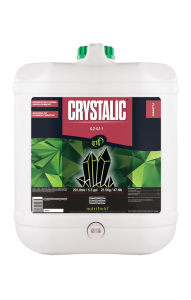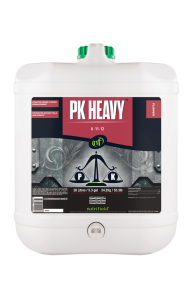Functional foods (also referred to as super foods) such as hemp seed, are considered to be ‘functional’ due to the presence of bio-active compounds which impart health benefits greater than their nutritional quality alone. In the case of hemp seed (and its oils), these functional compounds are predominantly antioxidants and poly-unsaturated fatty acids (PUFAs), which are associated with a range of protective effects such as reduced blood pressure, reduced inflammation, anti-cancer etc. However, there is a need to better understand these effects in order to optimise their benefits when consumed.
…protective effects such as reduced blood pressure, reduced inflammation, anti-cancer etc.
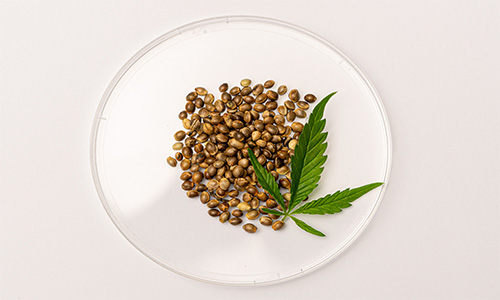
The present study used hemp seed as a model functional food to develop statistical models, which could help inform predicted chemical (antioxidant) activities. The models were then applied to identify the optimal timing of consumption of a hemp seed protein powder, to minimise the oxidative effects experienced from exercise. Nutrifield R&D worked on this project collaboratively, with both RMIT University and Monash University, and published the results titled “Development of intestinal bioavailability prediction (IBP) and phytochemical relative antioxidant potential prediction (PRAPP) models for optimizing functional food value of Cannabis sativa (hemp)” in the International Journal of Food Properties. This work provides insight into the relationship between food composition, chemical structure, and their associated biological effects. Furthermore, these models are additional tools available to Nutrifield (and other groups) in future studies, to inform of predicted improvements to human health from consumption of food goods with product-driven alterations to chemical composition.
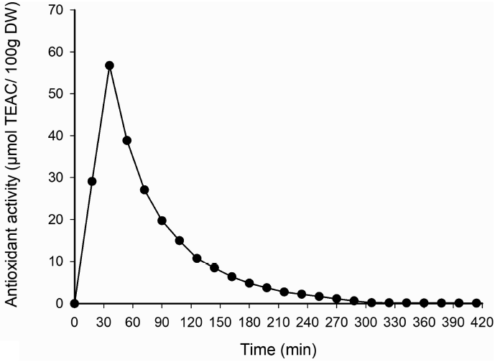
These models were then applied to hemp seed protein powder to demonstrate their utility in mitigating oxidative stress associated with exhaustive exercise. Oxidation is a natural chemical process which occurs throughout the body as part of every-day-activities, and is particularly high during digestion and metabolism. Whilst small amounts of oxidation are required for physiological functioning, excessive oxidation is associated with cell and DNA damage which causes inflammation and stress. Exercise is extremely beneficial for health; however, extreme or exhaustive exercise can cause rapid spikes in oxidation which is undesirable. Noting that hemp seed powder supplements are often taken close to exercise (as a dissolved liquid), it was hypothesised that the timing of their consumption could be adjusted such that absorption of the antioxidant compounds would align with the onset of oxidative stress following exhaustive exercise.
Application of the IBP and PRAPP models to hemp seed powder, identified a predicted peak in antioxidant activity 36 minutes after consumption (in liquid form). Accordingly, to match (bio-match) this antioxidant activity with the oxidative activity induced by intense exercise (occurring 10 min after exercise), the hemp seed protein powder (liquid) should be consumed 26 minutes prior to completion of the exercise. Therefore, alteration of hemp seed supplement ingestion timing in accordance with these recommendations is predicted to impart the greatest beneficial effects.
The complete results of this study were published in the International Journal of Food Properties, which can be found here: https://www.tandfonline.com/doi/full/10.1080/10942912.2020.1797783 the title page has been copied in below.
Go check out our previous write up on our publication on the impact of biostimulants to root development in vegetative cuttings: https://www.nutrifield.com.au/research-development/comparing-biostimulants-to-optimise-root-formation-branching/ the title page has been copied in below.


